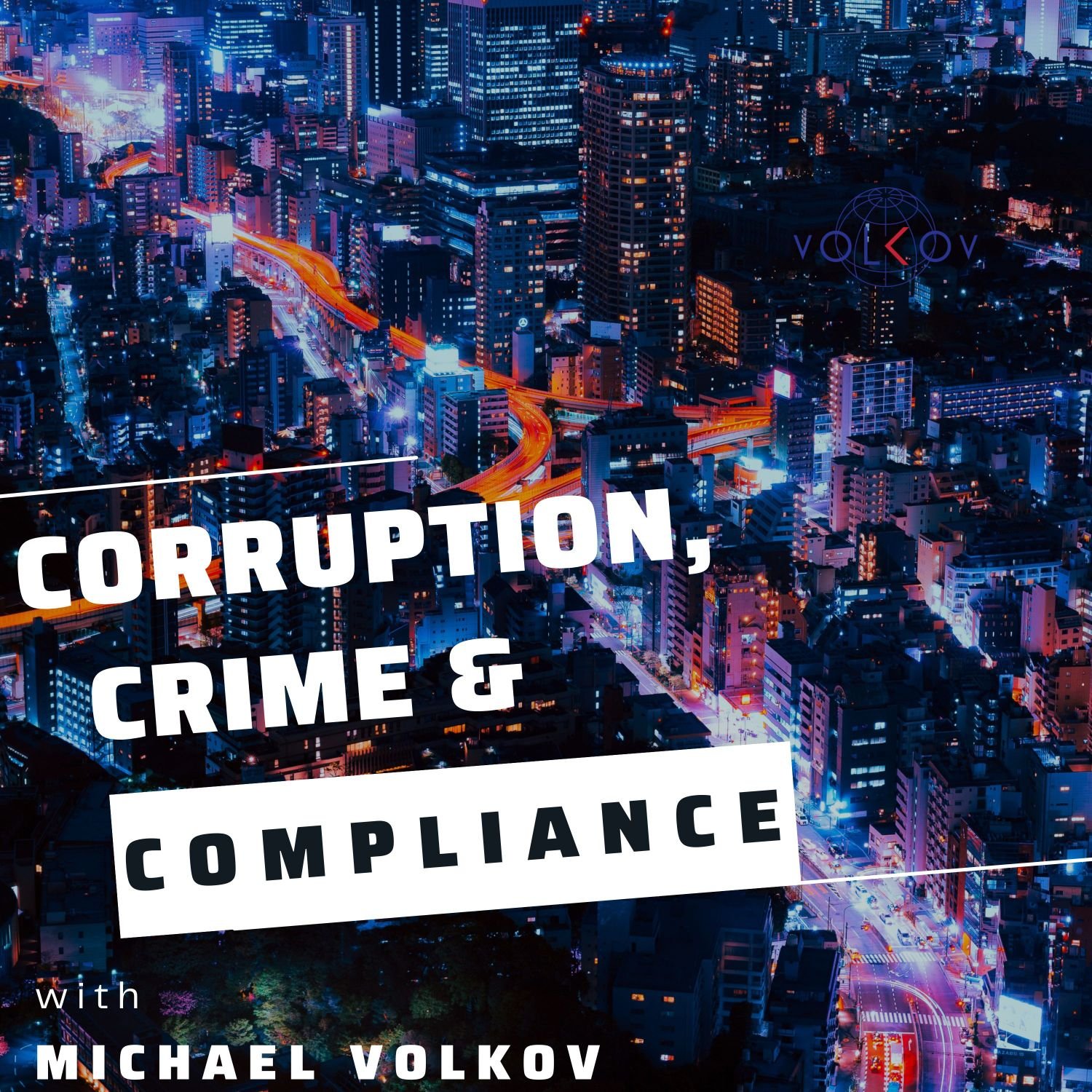Sanctions Enforcement Risks
Description
In this episode of Corruption, Crime and Compliance, we delve into the complex world of sanctions compliance and enforcement. In this new era of aggressive sanctions enforcement, companies have to understand the red lines that define where criminal and civil enforcement risk increases. In contrast to the history of FCPA enforcement, DOJ and OFAC have provided helpful guidance to alert companies where risks are likely to increase. Join host Michael Volkov as he navigates the intricate landscape of voluntary disclosures, criminal and civil enforcement risks, and the evolving strategies of regulatory agencies like OFAC and the Department of Justice.
Hear Michael discuss:
Sanctions enforcement involves a mix of civil and criminal line drawing.On the civil side, OFAC has explained that sanctions violations can be found based on strict liability with aggravating factors that turn the actor's state of mind. Third-party liability for distributors extends to situations where a principal company knew or reasonably should have known that products sold to a third party were intended for shipment to a prohibited entity or individual or a prohibited country. Third-party liability for violations occurring in a company's supply chain requires companies to break down its supply chain and learn the sourcing for all companies in its supply chain. It is clear that a failure to examine and assess your supply chain can lead to civil liability. In defining where criminal enforcement picks up on the culpability spectrum, DOJ and OFAC have defined potential criminal conduct based on the term "willful," meaning when an actor knew that its conduct was wrong but did not necessarily know the specific law that her/she was violating. Applying the "you know it when you see it" standard, companies have to weigh the evidence of surrounding circumstances to determine if an individual actor or actors possessed the requisite intent. Criminal enforcement determination will turn on the attribution of individual conduct to a company based on respondeat superior principles -- that is, whether the conduct was committed in the course of an individual's duties and in furtherance of a legitimate business purpose. Enforcement examples to track where the precise line falls between criminal and civil are few—a good start is by reviewing a meaningful record of DOJ enforcement actions against sanctions violations. The situation is akin to the early days of aggressive FCPA enforcement, where enforcement and settlement cases were reviewed for important precedents and explanations. DOJ's record here is about to be defined and companies, commentators and trade compliance professionals will be reading tea leaves and looking for patterns.
Resources
Michael Volkov on LinkedIn | Twitter
The Volkov Law Group
More Episodes
What happens when a major defense contractor faces scrutiny for ethics and compliance violations? In this episode of Corruption, Crime, and Compliance, Michael Volkov dives into the high-stakes world of corporate accountability, exploring Raytheon's recent $428 million settlement with the U.S....
Published 11/18/24
Published 11/18/24
The SEC notched another FCPA settlement, continuing its steady pursuit and resolution of FCPA cases. In the meantime, the Justice Department has been silent in the FCPA enforcement arena. In this episode of Corruption, Crime, and Compliance, Michael Volkov dives into the SEC’s recent FCPA...
Published 11/11/24


